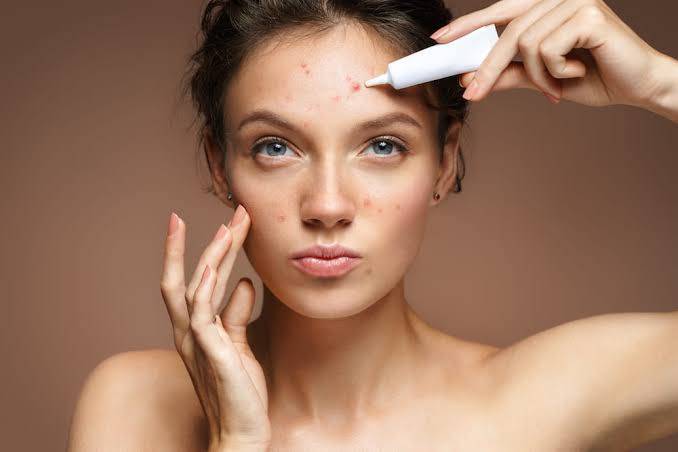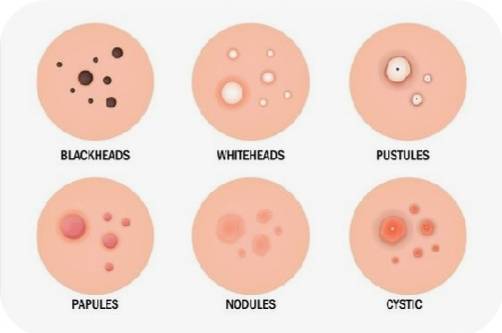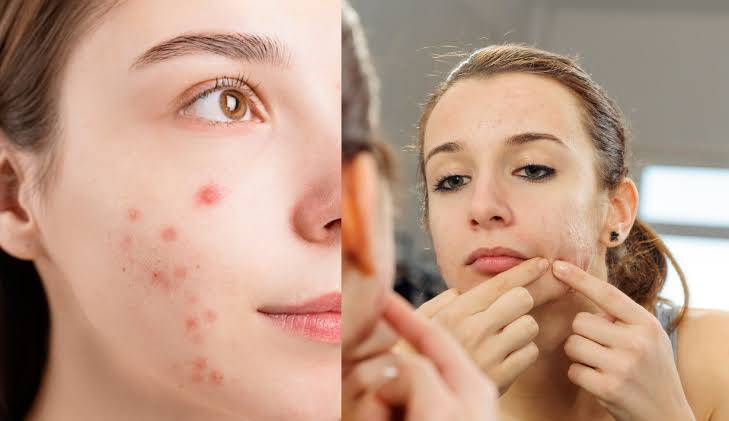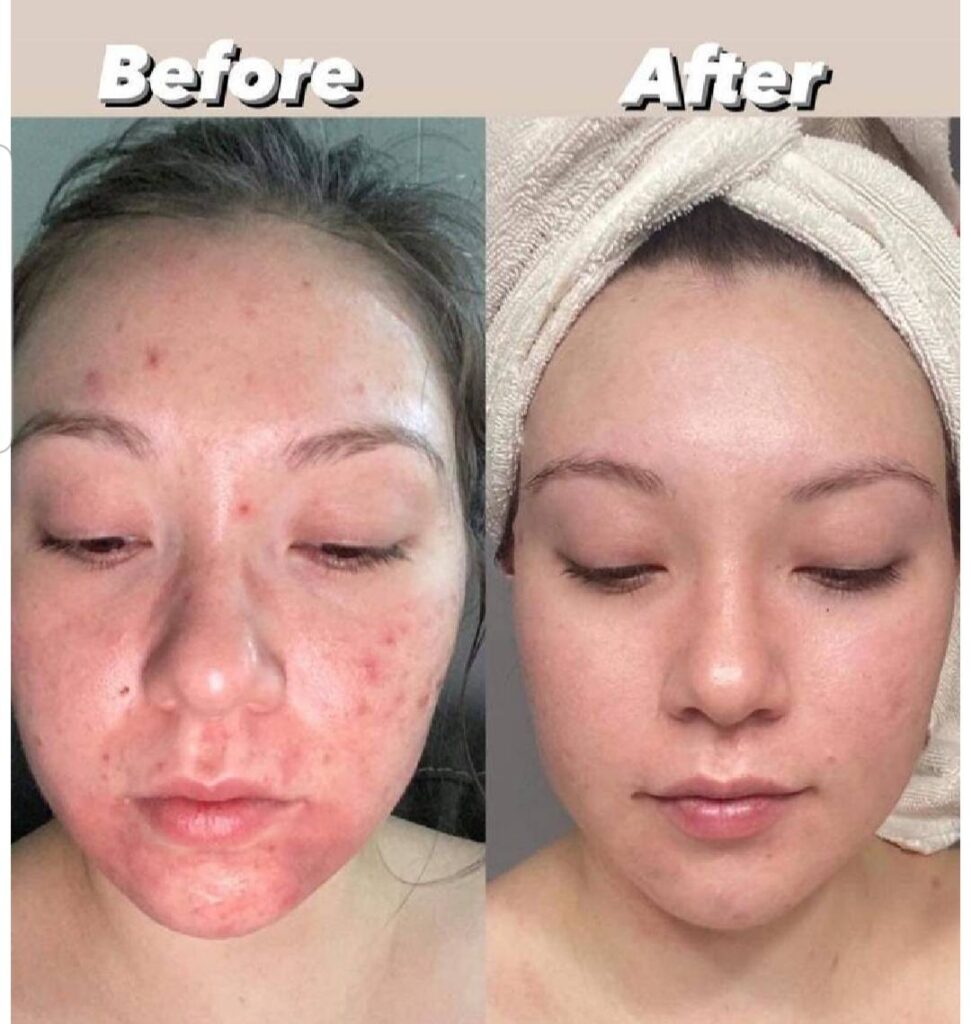
Understand the causes of acne and skincare tips to manage acne-prone skin.
Acne is one of the most common skin concerns, affecting millions worldwide regardless of age or gender. If you’re struggling with acne, you’re not alone. Understanding the causes of acne and learning how to care for acne-prone skin can be a game changer. In this article, we’ll explore the root causes of acne and share practical skincare tips to help keep your skin calm, clear, and healthy.

Acne Type
What Causes Acne?
Acne is a complex skin condition with multiple underlying causes, including:
- Excess Oil Production
Your skin naturally produces oil (sebum) to stay hydrated and protected. However, when the skin produces too much oil, it can mix with dead skin cells and clog pores, creating an environment where acne-causing bacteria can thrive. - Hormonal Changes
Hormones, particularly androgens, can trigger the skin’s oil glands to produce excess sebum, which is why many people experience acne during puberty, menstruation, pregnancy, or periods of high stress. Hormonal acne often appears around the jawline, chin, and cheeks. - Bacteria and Inflammation
When pores become clogged, they create an ideal environment for bacteria, specifically Propionibacterium acnes, which leads to inflammation and infection. This can result in various types of acne, from whiteheads and blackheads to more severe forms like cystic acne. - Lifestyle Factors
Diet, stress levels, and sleep habits can also influence skin health. Diets high in sugar or dairy products have been linked to acne in some people. High stress levels can increase cortisol, which may worsen acne. Additionally, lack of sleep can impact skin repair processes, making it more vulnerable to breakouts. - Skincare Products
Certain skincare products can clog pores, especially those with heavy oils or fragrances. Using products labeled “non-comedogenic” is essential for those with acne-prone skin.

Skincare Tips for Managing Acne-Prone Skin
Once you understand the causes, you can make changes to your skincare routine that help address acne without over-drying or irritating the skin.
- Gentle Cleansing
Start with a gentle, sulfate-free cleanser that removes dirt and oil without stripping the skin’s natural moisture. Look for ingredients like salicylic acid, which helps exfoliate inside pores, preventing clogging and reducing inflammation. - Moisturizing
Even if your skin is oily, a lightweight, non-comedogenic moisturizer is essential. Dry skin can actually lead to more oil production as your skin tries to compensate, which can worsen acne. Moisturizers with hyaluronic acid or glycerin are great for hydration without causing breakouts. - Incorporating Active Ingredients
Salicylic Acid: This beta hydroxy acid (BHA) exfoliates inside the pores, helping to remove impurities and prevent clogged pores.
Benzoyl Peroxide: Known for its antibacterial properties, benzoyl peroxide is effective in reducing acne-causing bacteria on the skin. Start with a lower concentration to avoid irritation.
Niacinamide: A soothing ingredient, niacinamide can help reduce inflammation and redness associated with acne. It also helps regulate oil production. - Sun Protection
Many acne treatments can make your skin more sensitive to sunlight, so using a broad-spectrum SPF 30 or higher is crucial. Look for oil-free, non-comedogenic sunscreens to avoid clogging pores. - Avoid Over-Exfoliating
While exfoliation can help prevent clogged pores, overdoing it can irritate your skin and worsen acne. Aim to exfoliate 1-2 times a week using gentle exfoliants, such as a mild BHA or AHA, and avoid harsh physical scrubs. - Be Mindful of Makeup
Optative for “non-comedogenic” or “oil-free” makeup products to avoid clogging your pores. Make sure to thoroughly remove makeup at the end of the day to allow your skin to breathe and rejuvenate overnight.
And if you are looking for these two wonders, it is not difficult anymore. Visit our shop and get the best deals at this link :

Managing acne takes patience, as skin turnover can take several weeks, meaning results might not be immediate. By understanding the causes of acne and building a skincare routine tailored to your skin’s needs, you can create a healthier environment for your skin. Remember, consistency is key. Stick to your routine, listen to your skin, and consult a dermatologist if you need personalized guidance. With time, you’ll be on your way to achieving a clearer, more radiant complexion.
